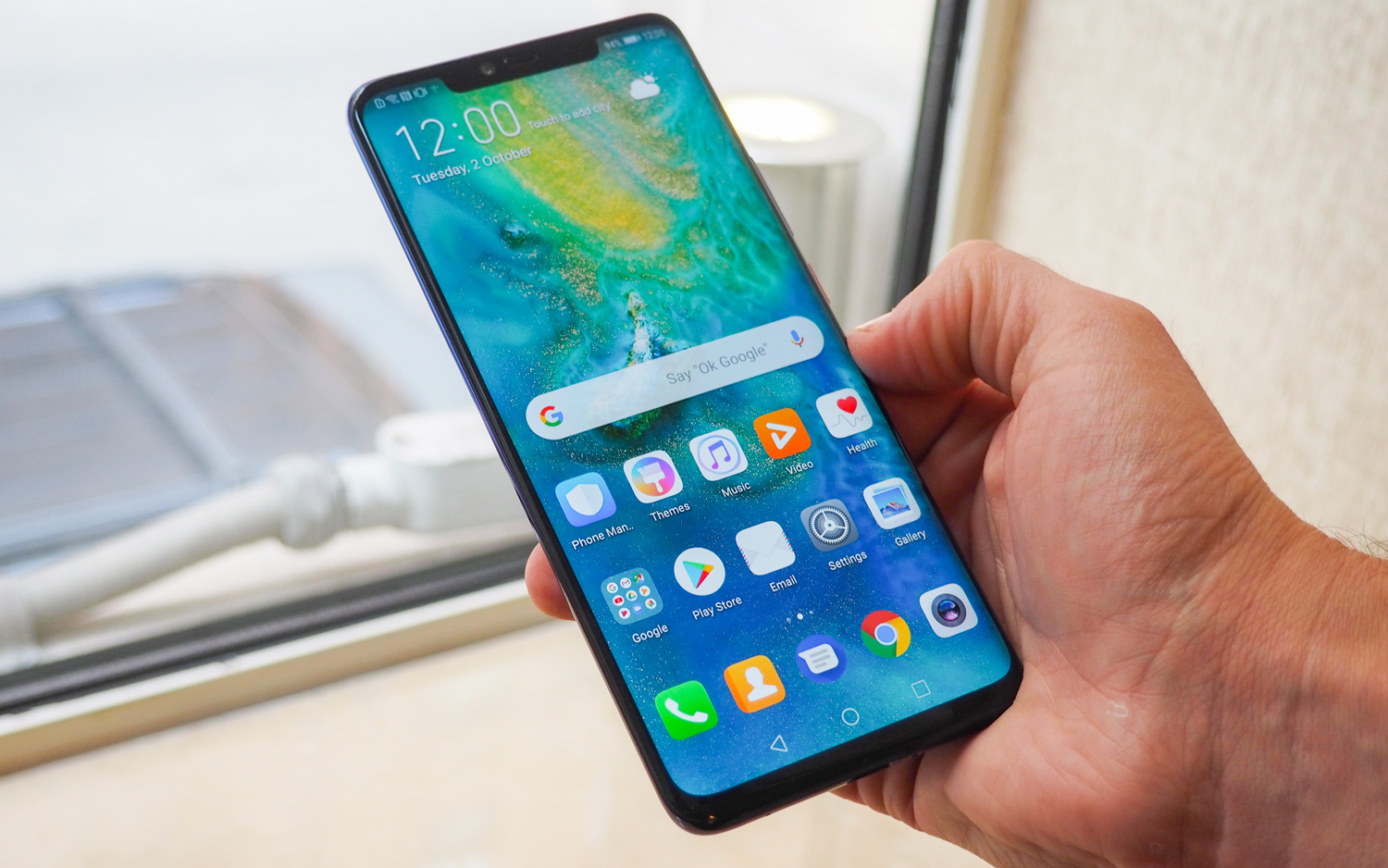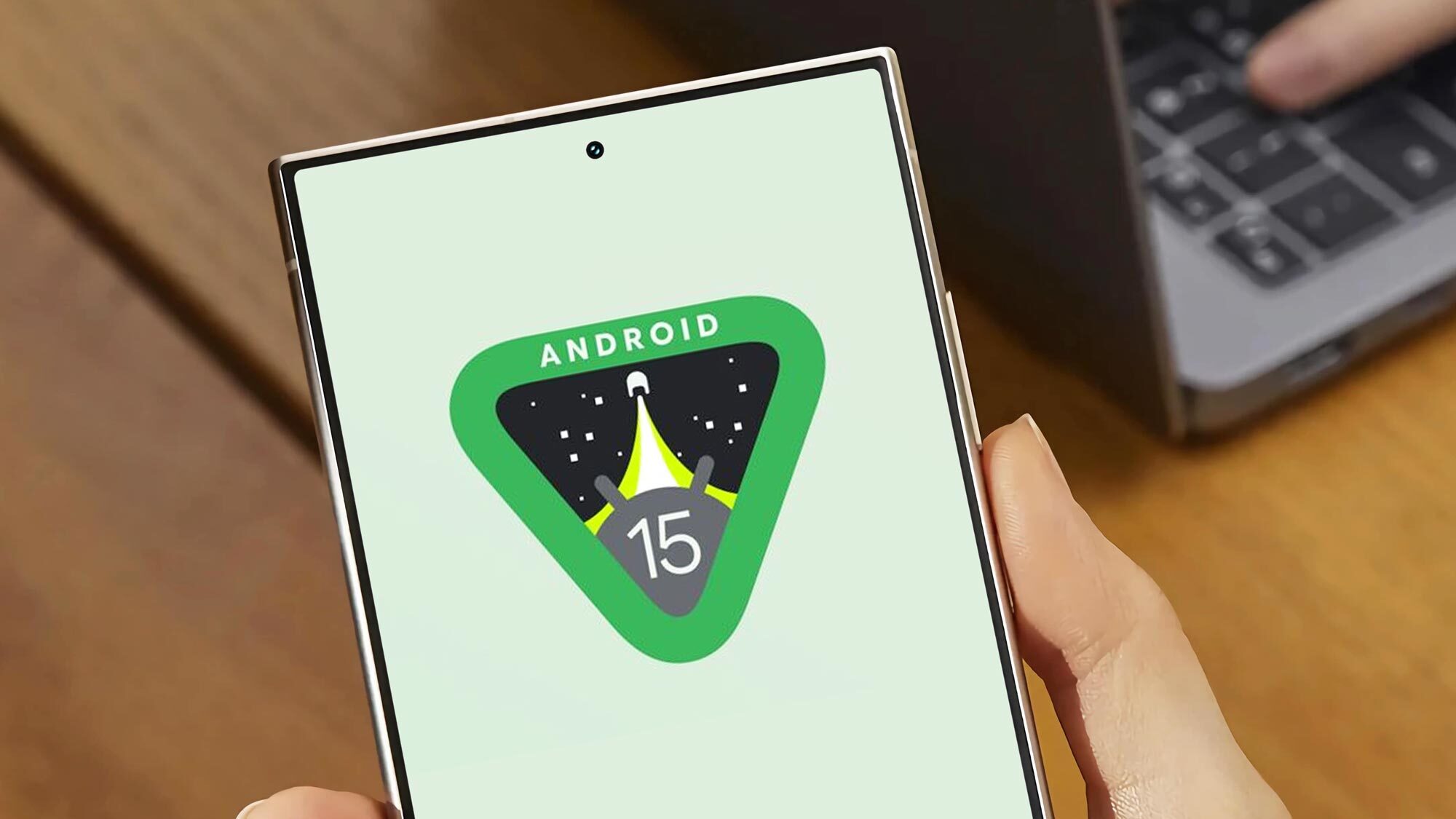Report: Huawei's Android Alternative Is 'Far From Ready'
Should Huawei lose access to Android and Google Play, it could turn to an OS it's been developing in house. But there are conflicting reports on how far along that project is.
Huawei may have a workaround in the form of its own in-house operating system if restrictions from the U.S. government cut off its access to Android. But the state of that Huawei-built OS is anybody's guess.

Huawei currently finds itself on a U.S. Department of Commerce list that blocks U.S. companies from sharing hardware and software with the Chinese electronics giant. That's put Huawei's ability to access Android updates and Google software in jeopardy. But reports in Chinese media claim an OS Huawei had been developing as an alternative to Android could be ready as soon as the fall.
The OS, which would also work with computers, tablets, TVs and other devices, would be able compatible with existing Android apps, reports claim, though developers could recompile their apps to improve performance.
However, a report in The Information paints a very different picture about the status of Huawei's efforts to build its own OS. Dubbed Project Z, the Huawei OS was originally designed for the company's home market in China. While Huawei tells The Information that it's accelerating its OS efforts, the publication cites sources calling the project "far from ready," suggesting that reports of a fall launch might be overly optimistic.
Huawei has plenty of reason to look at life beyond Android. After the Trump administration's moves last week to restrict the Chinese company's ability to work with U.S.-based suppliers, Google suspended Huawei's Android license — a move that would make it impossible for Huawei-built phones to get software and security updates while also cutting off access to Google-built apps like Gmail and services like the Google Play store.
On Monday, the government issued a temporary waiver that lets Huawei receive security patches and updates for its existing phones. The 90-day waiver eases restrictions into August, but what happens after that is anybody's guess.
It's no secret that Huawei had been working on its own OS. The company said as much back in March in an interview with German publication Die Welt. "We have prepared our own operating system," Richard Yu, the CEO of Huawei's consumer business group said at the time. "Should it ever happen that we can no longer use these systems, we would be prepared. That's our plan B. But of course we prefer to work with the ecosystems of Google and Microsoft."
Sign up to get the BEST of Tom's Guide direct to your inbox.
Get instant access to breaking news, the hottest reviews, great deals and helpful tips.
Of course, it's one thing to have your own OS. It's quite another to have one that developers are actually building apps for, as Microsoft could tell you about its largely ignored and now shuttered Windows Phone efforts. Huawei's response seems to be working on its app store, according to a new report in Bloomberg, that would have also reduced its dependence on Google Play. But it seems like the same U.S. restrictions that would prevent Google from doing business with Huawei would also block U.S.-based app makers from offering their wares through Huawei's devices.
Philip Michaels is a Managing Editor at Tom's Guide. He's been covering personal technology since 1999 and was in the building when Steve Jobs showed off the iPhone for the first time. He's been evaluating smartphones since that first iPhone debuted in 2007, and he's been following phone carriers and smartphone plans since 2015. He has strong opinions about Apple, the Oakland Athletics, old movies and proper butchery techniques. Follow him at @PhilipMichaels.

